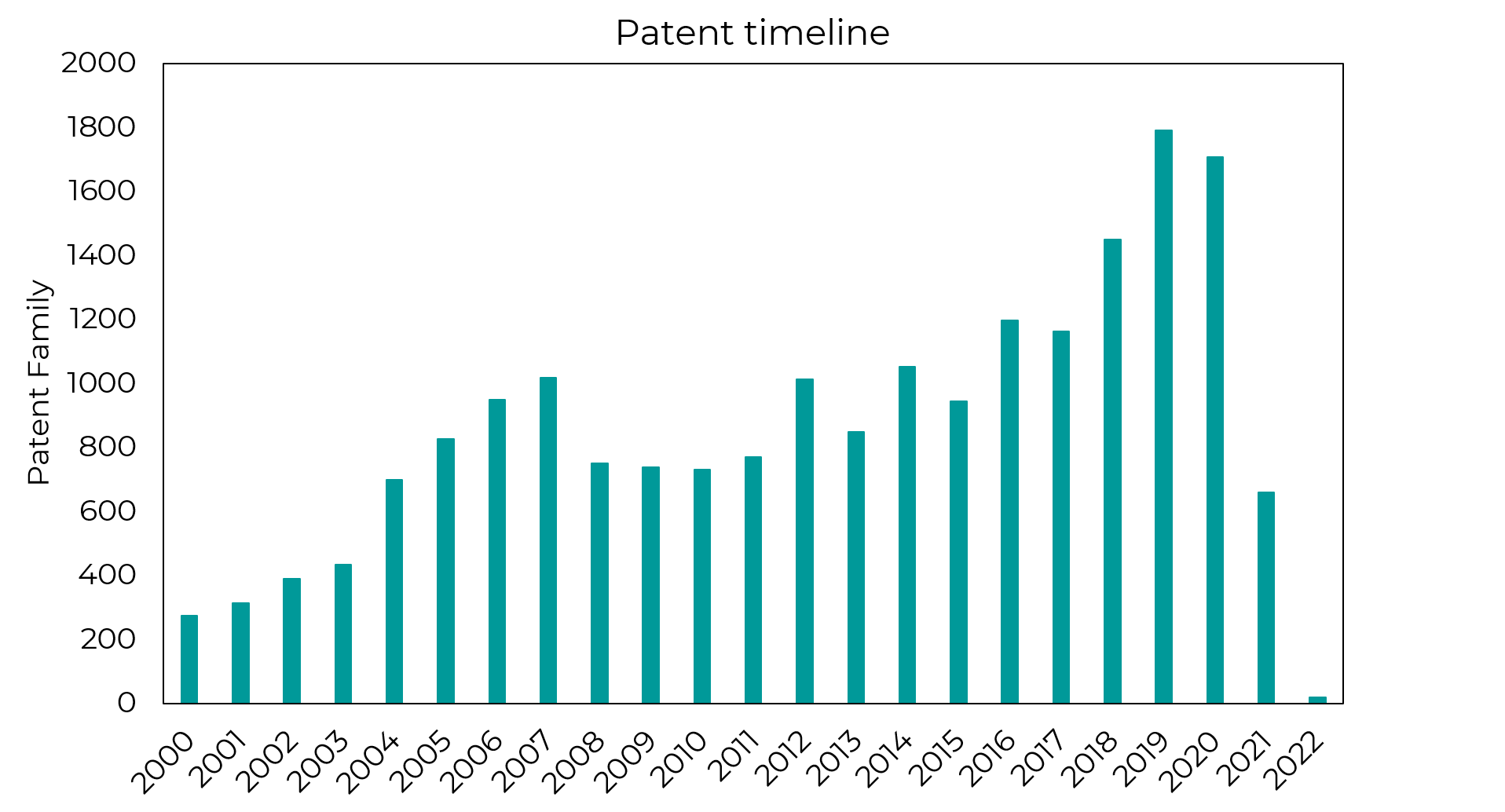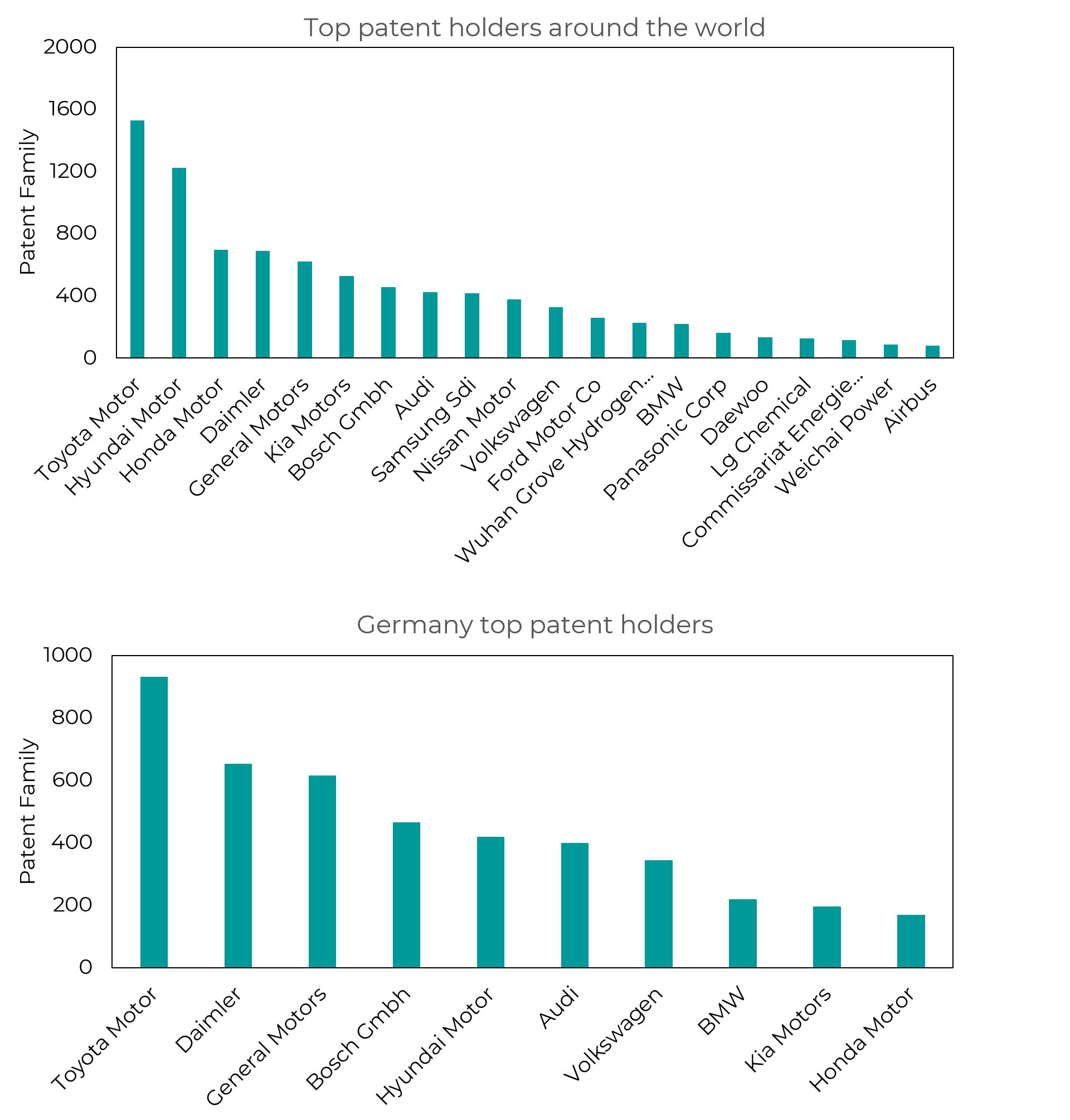
Hydrogen Fuel Cell, Accelerates the Global Electric Mobility Program
Increasing demand for batteries has resulted from replacing fossil fuels and the rapid shift toward electric vehicles. Consequently, mining companies producing raw materials and battery corporations cannot meet market demands by increasing production. Numerous problems, such as limitations in the design of active material structures and the design of suitable cells to achieve maximum energy storage capacity, lead companies to other alternatives, such as hydrogen fuel cells.
Hydrogen cars were introduced to the market for the first time in 1966, but some issues such as safety posed obstacles to their growth. The limited supply of batteries, the environmental damage caused by their production and widespread use, and the advances in technology used in hydrogen vehicles have led to a renewed interest in using clean hydrogen fuel in vehicles.
According to Elon Musk, he plans to launch Tesla cars with hydrogen fuel by 2027, confirming this claim. Additionally, Toyota has introduced its second-generation hydrogen vehicle, "Mirai," for testing in India. Moreover, the German and Dutch markets will soon see hydrogen vans and minibuses from Renault. A US Department of Energy plan involves spending $1 billion between 2022 and 2026 on electrolysis research and the development of hydrogen production. Additionally, it will invest $8 billion to develop at least four hydrogen production areas in the country using fossil fuels, nuclear energy, and renewable energy sources.
A look at the process of registering patents for vehicles based on fuel cells can provide a complementary understanding of how this technology globally is being invested in and developed. Approximately 20,000 patent families were found in the area based on research by BattScout. From 2000 to 2021, there has been an upward trend in registered patents globally, with a peak in 2007. In 2015, another rapid increase in patents was observed following several years of declines and slowdowns. The growth of patents in areas such as polymer membrane design and catalysts in fuel cell electrodes is one of the main reasons for the increase in patents in recent years.

Toyota and Hyundai possess the most significant number of patents among all companies. Honda Motor, Daimler, General Motors, and Kia Motors are the subsequent most significant technology owners. According to a review of patents filed by companies producing lithium-ion batteries in fuel cell electric vehicles, only three companies are among the top 20 in terms of a patent portfolio: Samsung, Panasonic, and LG Chemical.
China, Japan, and South Korea also hold the most patents, and Germany holds the most patent families in this field in Europe, with about six thousand. The top patent holders include Bosch, Volkswagen, Audi, and BMW.

Finally, with the expansion of hydrogen vehicles and other electric vehicles, the replacement of fossil fuel vehicles can accelerate.

